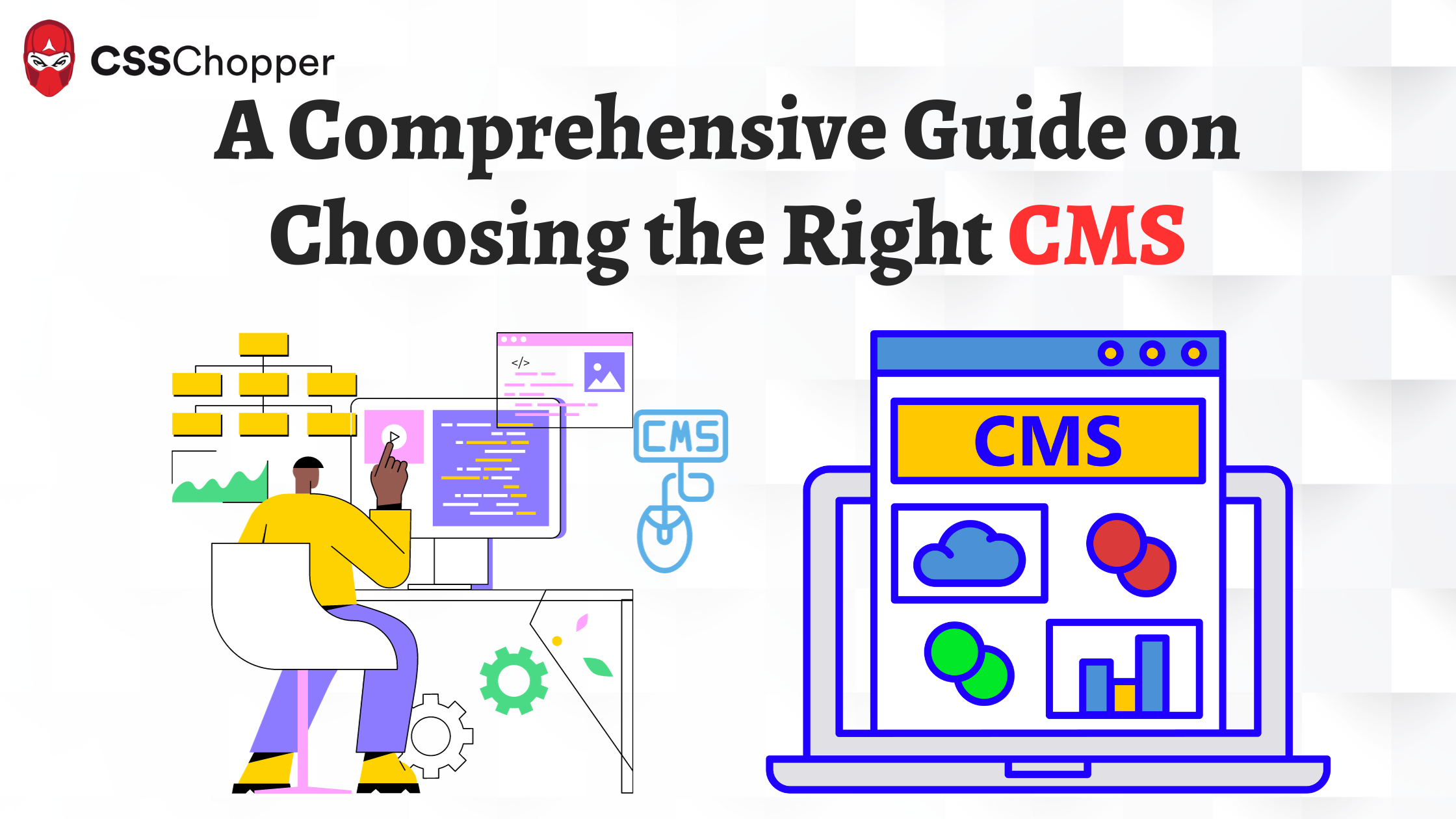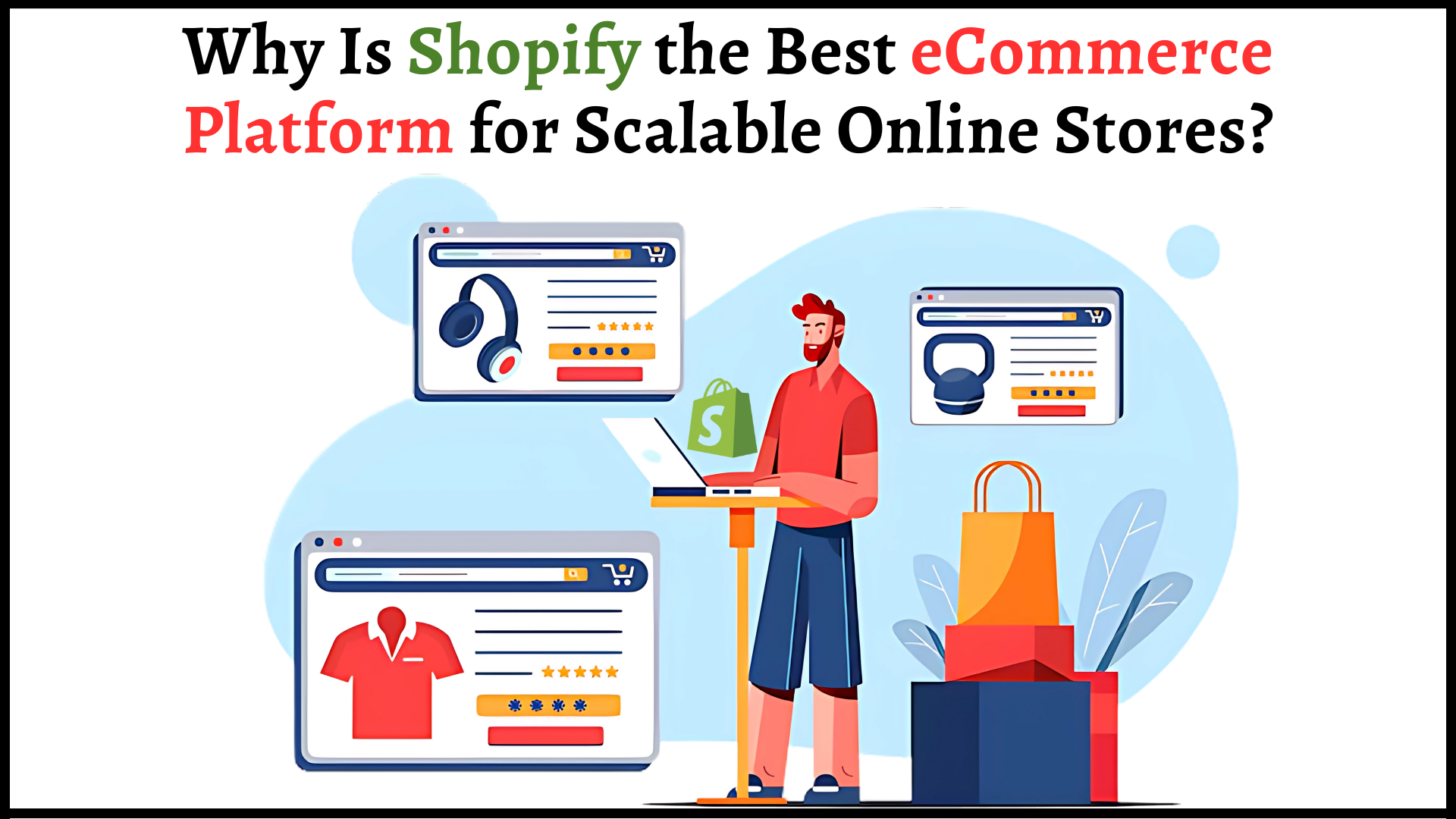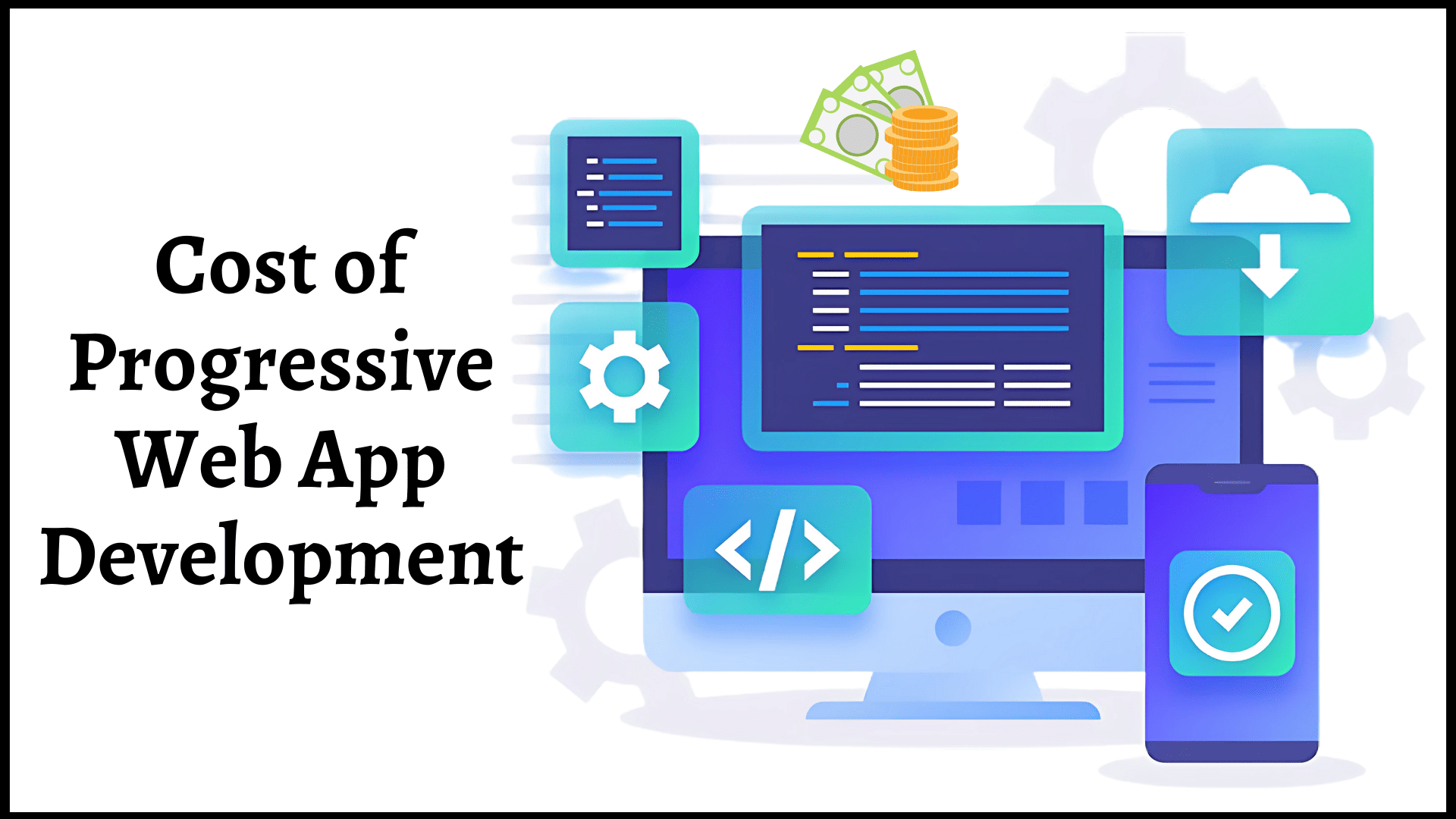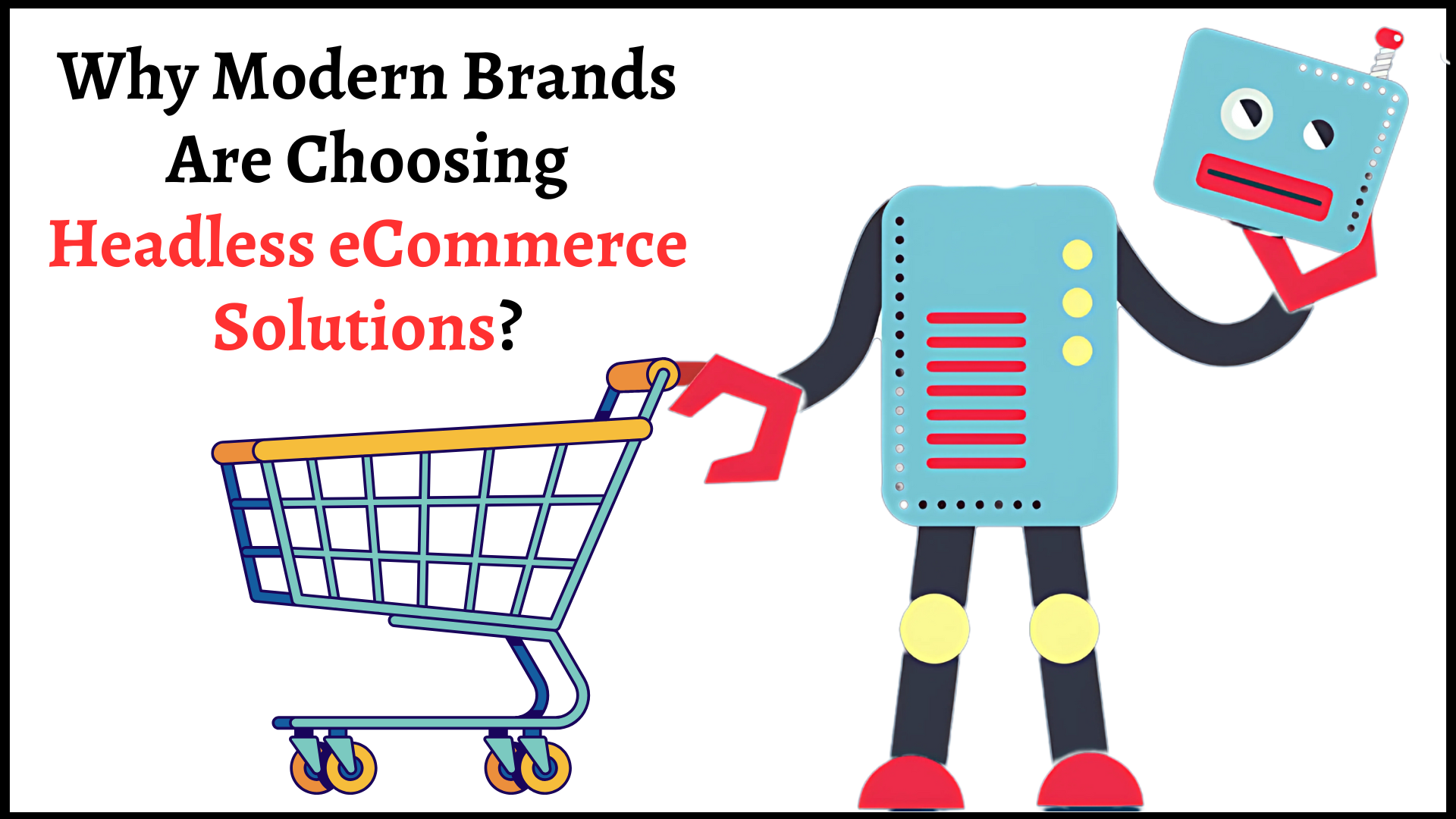Whether you are a new business or looking to migrate your existing CMS to another, selecting an appropriate platform is overwhelming. This can make or break the online presence of your business. With a variety of content management systems out there, it can be difficult to know which is the right choice for your brand.
For this, you need to do some homework upfront, as it is essential to understand what a CMS is and how it is going to help you elevate your business. When you properly understand your business model, selecting the right fit among the headless, coupled, decoupled, or SaaS-based CMS becomes easier.
A proper guideline on choosing the right CMS plays a crucial role in creating a quality digital experience essential for the success of your brand. Depending on your business type, requirements, and goals, you can select from platforms like Joomla, Drupal, WordPress, etc. Since these are complex platforms, working with a Joomla or WordPress development company is essential to succeed.
Why do Businesses Need a CMS?
The fundamental reason for using a CMS is for the process of website development. It provides a platform for its users to get closer to the process. Previously, when there was no CMS, basic website creation seemed to be a complex process. This requires understanding the programming and technicalities properly and having plenty of time and money.
While we discussed how CMS has simplified the process, it is not only for non-developers but also for developers. Non-developers can utilize its power to create and manage digital content on their website. Whereas technocrats would use CMS to engage in faster, cost-effective, and alluring website development.
Undoubtedly, a website requires maintenance even after development. You can hire a website development company skilled in your preferred CMS to rectify scalability or security issues.
What Type of CMS Is Available in the Market?
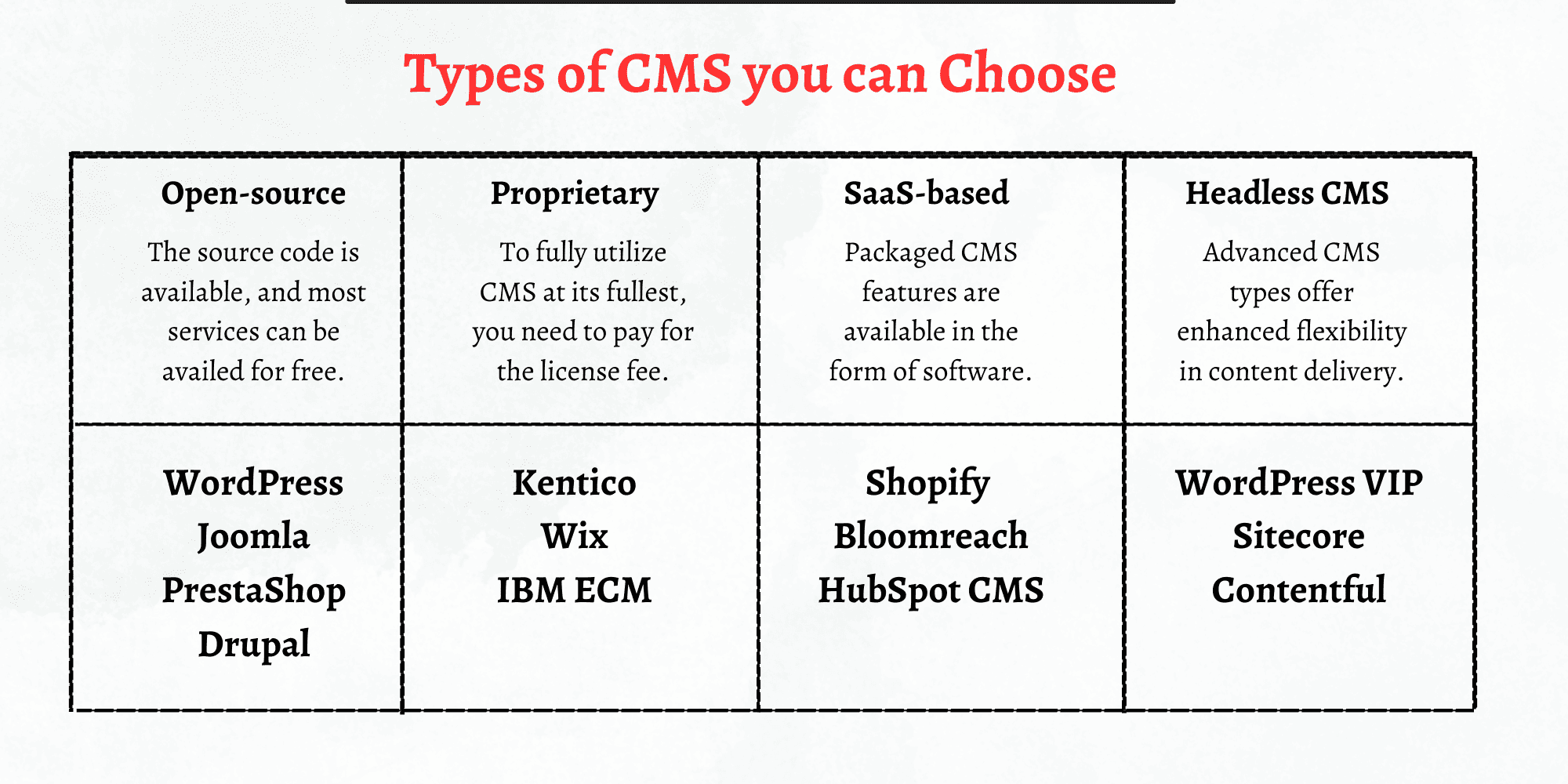
There are various types of CMS available in the market today and having a clear understanding of them will help you select the best-suited one for your website. Depending on their features, functionalities, and prices, there can be basic or drastic differences among the CMS.
1. Open-source
These are the types of CMS that can be installed without having to pay any cost. Users do not have to pay for licences or any kind of initial subscriptions to avail of open-source CMS. However, you must pay for additional services such as working with a website development company, adding special features to your website, etc.
- WordPress
- Joomla
- Drupal
- Magento (eCommerce)
- PrestaShop (eCommerce)
2. Proprietary Based
These are the CMS types that are led by a single company or a business. You do not have to get any freebies while using these CMS types. From installation to availing of a license, everything is surrounded by costs.
- Wix
- Kentico
- Pulse CMS
3. Software-as-a-Service (SaaS):
These platforms operate on a subscription basis. These CMS types are more affordable than proprietary-based CMS. However, its pricing depends on data transfer limits bandwidth, data limits and bandwidth, and support.
- Shopify
- Bloomreach
- HubSpot CMS
4. Headless CMS
These are the advanced types of CMS. In this, the content repository (popularly known as the backend) is separated from the presentation layer (front end), which is the Headless CMS type. They offer enhanced flexibility in content delivery.
- WordPress VIP
- Sitecore
- Contentful
Guidelines for Choosing the Right CMS
In the rapidly evolving web development domain, your preferred CMS can be the linchpin that either propels your online presence to different heights or leaves it stranded in obscurity.
But the most common question is: how to select the right CMS? What are those factors that need to be considered? All these questions must be answered in the process of selecting the CMS. All the essential factors are listed below.
1. Identify Your Business Goals
Before deciding on selecting the CMS for your business, it is essential first to analyze your business goals. This will assist you in understanding the answers to various questions related to your business. It will also help you determine which CMS you have to opt for. The decision-making process can be simplified when you align the technical requirements with your business’s digital strategy.
The priorities of a startup are drastically different from those of an enterprise-grade business. Knowing the size of your business team can help you understand what your priorities should be.
For instance, an eCommerce business’s requirements differ from a social community or a portal run and operated by the government. The bigger your business, the more complex and intricate your requirements will be. You want to integrate the following technologies with your website:
- Payment Gateways
- Market automation tools
- eMail Marketing tools
- AI and Virtual assistants.
This will help you filter off the most CMS options and focus on the one that is suitable for your business. You can also identify content type and volume to detail clearly the requirements of your goals.
2. Researching Diverse Content Management Systems
After identifying your business requirements, the next step is effectively researching diverse content management systems. There are a multitude of options to choose from, you can either opt for WordPress or Joomla development services; the choice is yours, but it is essential to understand some of the main things, such as
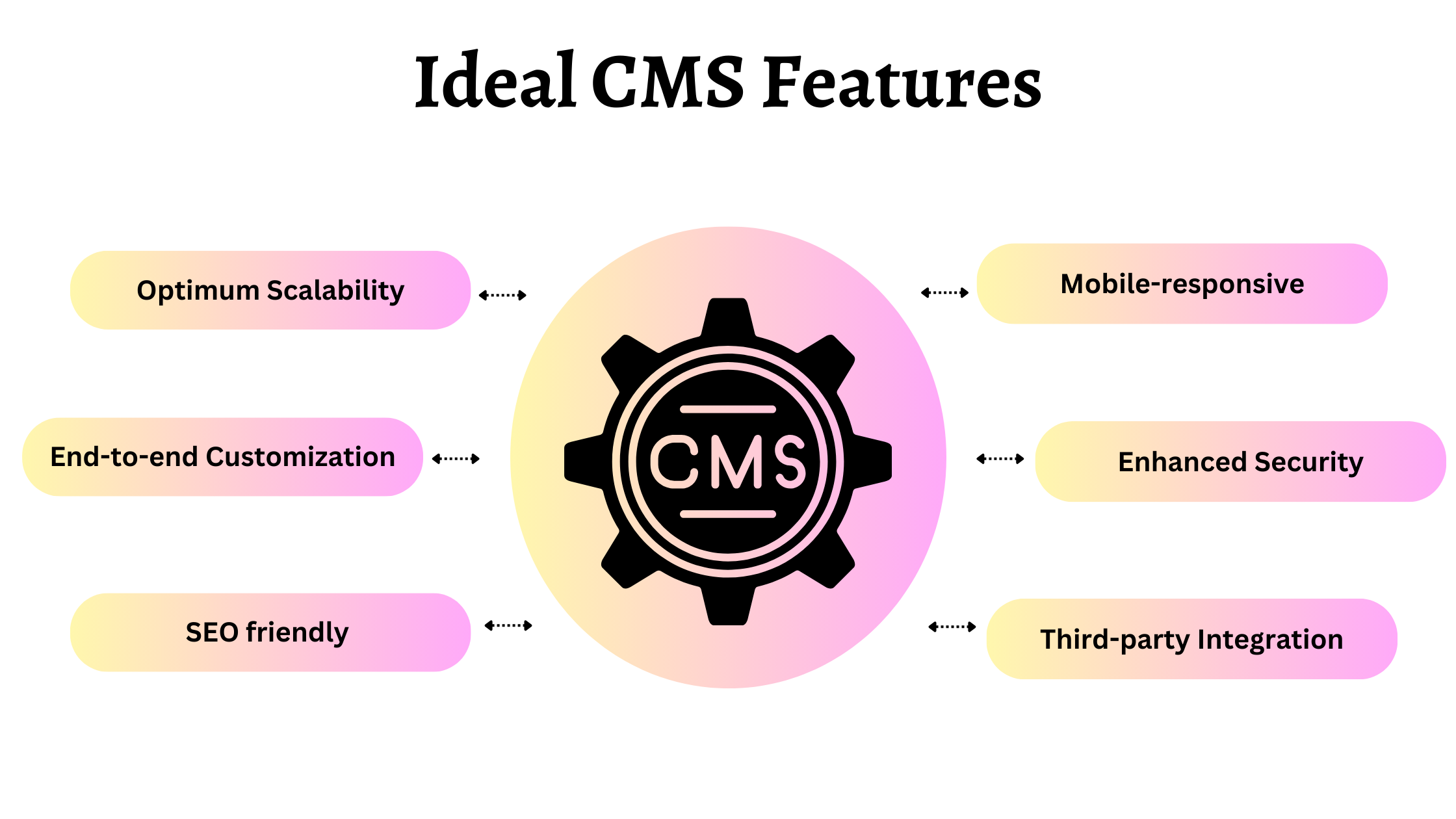
-
How Reputed is a Platform?
A platform’s reputation plays a vital role in the web development domain. This reflects its track record and user experience, providing valuable insights into how good a platform is.
For instance, WordPress is one of the most used CMS platforms; its popularity indicates the reliability of this CMS. This ensures smooth functioning by minimizing downtime and protecting the integrity of data.
-
Is a Platform Scalable Enough?
Scalability is an important factor to consider while looking to opt for a content management system. This means a platform can handle the increased traffic without compromising performance. Hence, it is important to select a scalable platform.
Every platform is unique in itself. If you are an enterprise-grade business, opting for WordPress or Magento is the right fit. However, if you are a business with basic or moderate requirements, you can select Joomla, Drupal, WordPress, etc.
-
How Customizable is a Platform?
Every business has its own unique presence, and it is important for it to maintain this presence effectively. For this, a business needs to assess a CMS that offers proper customization.
A good CMS must provide great functionality, be easy to use, and be highly customizable. It seems that the complete flexibility led to great accessibility to make a Content Management system stand out boldly.
WordPress provides extensive customization features, allowing users to create unique web solutions tailored to their brand. However, customizing a WordPress website is difficult, so it becomes crucial to hire WP development company to get it done.
-
Is it SEO-friendly or not?
Search engine visibility is quintessential for a website to gain more exposure and the eyes of the majority of users. Hence, it is essential for a business to ensure that the CMS they are going to select should be integrated with SEO tools.
A key feature you will want to look for while investigating the CMS is its ability to control visible and hidden text. Also, controlling meta information, such as title tags, meta descriptions, etc., is of vital importance to enrich your website’s search rankings.
-
How Mobile Responsive is it?
In this mobile-centric world, users are more inclined towards attaining information on the go on their mobile phones. This indicates the necessity of choosing a CMS that offers good mobile responsiveness.
You can go with the CMS that perfectly translates your website with little or no lag between switching to different screen sizes and resolutions. Doing this will provide users with the best experience without changing how they view your site on their devices.
-
Does it Provide Multi-lingual Support?
If your business caters to a global audience or has expansion plans into multilingual markets, the CMS’s ability to support multiple languages is crucial. Look for a CMS that offers robust multilingual capabilities, allowing you to manage content in different languages seamlessly. This feature is especially vital for businesses aiming to reach diverse audiences.
For instance, Joomla has better built-in multilingual support, making it a good choice for businesses dealing with a wide variety of content. However, this CMS is fundamentally complex to get started; It is a better option to choose Joomla CMS development services for a Lingua-Franca seamless website.
-
Does it Ensure Future Reliability?
Your chosen CMS should not only meet your current needs but also stand the test of time. Assess the platform’s track record in terms of updates, security, and ongoing development. A CMS that evolves and adapts to changing industry trends and technologies will serve your business well in the long run.
3. Assess Core Functionality
Don’t overlook the basic functionality of a CMS, which includes creating, editing, deleting, and organizing web pages. Ensure the CMS maintains a good user experience while offering these core features.
It is evident that when one thinks of a content management system, he/she takes the core functionality for granted. Never forget to consider the basic functionality of a Content management system carefully. Never sacrifice the user experience for functionality.
4. How Cost-effective is a Platform?
While selecting the CMS for your business, considering the financial aspect is critical. Some Content Management Software is free, while others offer freemium or monthly charges. While opting, ensure that what you are going to pay is what you get. There are various other platforms; generally, they are more expensive if they provide more features.
So, consider the total ownership cost, including licensing fees, hosting costs, and potential additional expenses for plugins or extensions. While open-source options like WordPress, Joomla, and Drupal have a lower entry cost, customizations and premium add-ons may increase expenses.
5. How Secure is a Platform?
Security plays a crucial role in making or breaking the online presence of a business. Content Management Systems are on the hit list of hackers, and unfortunately, in the past, we have seen this issue with some of the most popular CMS platforms.
For instance, you have selected Drupal as your preferred Content Management System. Now, it is essential to research the security issues (if any) in the CMS and understand how to fix them. However, this process is complex and requires technical expertise, so partnering with Drupal web developers can help you. They can analyze and fix the issues and help you develop a website with more advanced security features.
6. Web Analytics Integration
Keeping track of all the key metrics and analytics is really important for a business to get an idea about its strategies and how it can improve them. If a CMS provides support for the integration of web analytics tools like Google Analytics, Open Web Analytics, Woopra, etc., it means that the CMS can be used to collect and analyze data about website visitors. You get data like
- How many visits your site actually gets.
- How much is the conversion rate of your website?
This data can be used to improve the website’s performance, such as by increasing website traffic, improving conversion rates, and understanding user behavior.
Why Choosing the Right CMS is Essential?
Opting for the right CMS is essential because it directly impacts the presence of your brand online by providing an enhanced user experience. The right option can also help you to improve your digital strategy by providing the required metrics. The wrong choice can lead to complications and hinder your business goals.
Here are some of the reasons that will help you choose the right CMS:
- The CMS you will select for your business should be easy to use for you and your target audience. This will make it easier to create and manage your content and also assist you in reducing the amount of time and resources.
- It must provide enhanced customization ability to create a unique web presence. For instance, the WordPress development environment allows a user to either customize the website from scratch or modify some sections. This feature enables a business to personalize the CMS to your branding.
- The CMS you are choosing should provide optimum security to keep your data safe. It means that you should have features in place to protect your website.
- Your selected CMS should be scalable to handle the growing needs of your business.
Why Choose CSSChopper for a Web Development Project?
Choosing us to develop robust web solutions is a strategic decision. Our unparalleled expertise in CMS development, whether it’s WordPress, Joomla, Shopify, Magento, or any other, can help you develop a web solution that relates to your business needs.
As an experienced web development service provider, we have a deep understanding of all the major CMS platforms, as a result, we can help you choose the right platform for your business type. With over a decade of experience, our skilled team of web developers has provided state-of-the-art web solutions in diverse industry verticals like FMCG, healthcare, real estate, and more.
Our commitment to providing exceptional web solutions and proven track record of success in developing CMSs for various businesses make us stand out from the crowd. With our client-centric web solutions, we can help you gain a competitive advantage.

